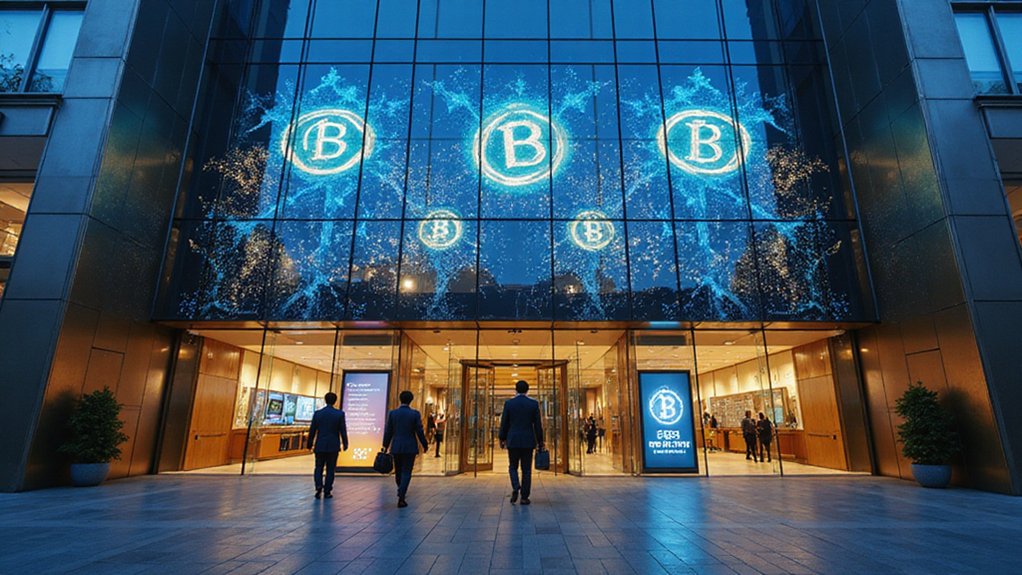The institutional crypto landscape has long suffered from a peculiar fragmentation—where traditional finance players seeking digital asset exposure found themselves traversing a patchwork of separate platforms for trading, custody, and financing, each with its own operational quirks and compliance uncertainties.
Enter Kraken Prime Brokerage, which launches with the audacious proposition that institutions might actually prefer their sophisticated financial operations consolidated onto a single platform (revolutionary, indeed). The service targets asset managers, hedge funds, and corporates who presumably grew weary of juggling multiple vendor relationships while attempting to navigate crypto’s regulatory labyrinth with anything resembling traditional finance’s operational rigor.
The platform’s technical architecture centers on proprietary smart order routing that integrates liquidity across more than twenty global venues, covering over ninety percent of the digital asset market. This approach addresses a fundamental inefficiency that has plagued institutional crypto adoption: the inability to execute sophisticated strategies without fragmenting operations across disparate platforms, each with varying levels of compliance assurance and execution quality.
Smart order routing across twenty-plus venues capturing ninety percent of digital asset liquidity—finally addressing institutional crypto’s operational fragmentation problem.
Perhaps most significantly, trades execute directly from qualified custody managed by Kraken Financial—a U.S. state-chartered bank—which eliminates the operational friction and counterparty risk inherent in traditional crypto trading workflows. The platform supplements this foundation with asset-backed lending and T+1 credit facilities, creating a financing ecosystem that mirrors traditional prime brokerage expectations. Kraken Financial’s custody solution leverages MPC technology combined with hardware security modules to provide institutional-grade asset protection with transparent on-chain verification capabilities.
The timing proves strategic, launching amid improving regulatory clarity and evolving market infrastructure that has gradually attracted institutional capital. Kraken’s infrastructure has been specifically tested and built to withstand crypto’s volatile markets, distinguishing it from competitors who may struggle during periods of extreme price volatility. Kraken’s 24/7 client support acknowledges crypto’s temporal realities—a stark departure from traditional markets’ genteel business hours, though one wonders how many emergency calls actually constitute genuine crises versus routine operational confusion. The platform’s foundation leverages the exchange’s extensive ecosystem supporting over 200 cryptocurrencies and hundreds of trading pairs, providing the depth needed for sophisticated institutional strategies.
The competitive implications extend beyond mere feature comparison. By consolidating trading, custody, and financing into a streamlined interface with institutional-grade compliance standards, Kraken positions itself to capture market share from both crypto-native platforms lacking traditional finance sophistication and established prime brokers tentatively approaching digital assets with legacy infrastructure.
This convergence represents more than technological innovation—it signals institutional crypto’s maturation beyond the improvised solutions that characterized earlier adoption phases, potentially accelerating Wall Street’s deeper engagement with digital assets.









